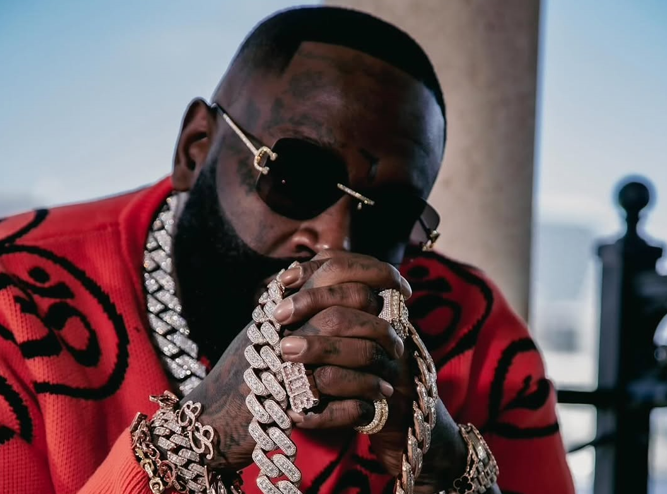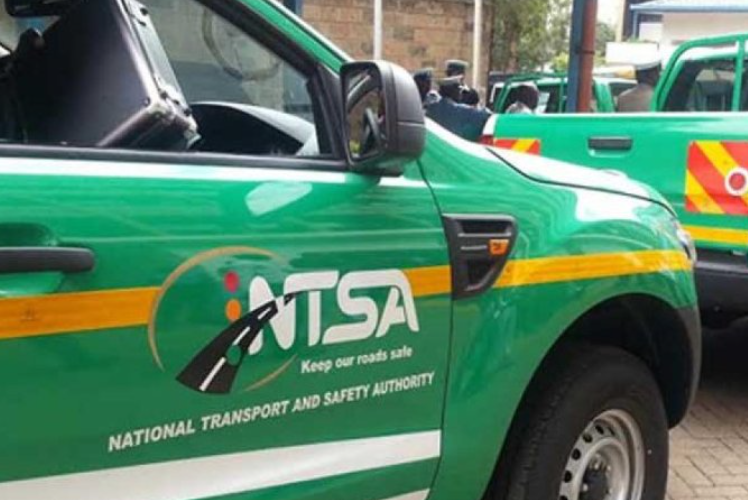The High Court has granted Mombasa Governor Abdulswamad Nassir, Kilifi Governor Gideon Mung’aro, and Taita Taveta Governor Andrew Mwadime three days to respond to a case challenging their order to ban muguka.
In a brief ruling, Justice Olga Sewe of the Mombasa High Court issued the directive to the three county chiefs after certifying as urgent the lawsuit by two activists seeking to stop the further implementation of the muguka ban in Mombasa, Kilifi, and Taita Taveta counties.
She found the case by two activists, Peter Agoro and Michael Makarina, challenging the ban on muguka to be urgent and needing to be heard expeditiously, and scheduled it for Friday, May 31, 2024.
“Upon considering the application dated May 27, 2024, together with its supporting affidavit and the documents annexed thereto, it is hereby ordered that the application is certified urgent and the application to be served forthwith,” Justice Sewe ordered.
The court directives come hours after the two activist petitioners moved to court challenging the recent executive order to ban the sale, supply, and consumption of muguka by Mombasa, Kilifi, and Taita Taveta Counties.
The petitioners contend that the three county chiefs’ order to ban muguka is illegal and unconstitutional.
“We also seek an injunction order to be issued restraining the effect and/or implementation of the Mombasa, Kilifi, and Taita Taveta counties Executive Order 1 of 2014,” Agoro and Makarina seek.
In their court papers, the two activists also fault the three county bosses for failure to conduct public participation before banning muguka.
The petitioners cited the law protecting the sale and distribution of miraa as a cash crop in the country, saying muguka could not be isolated from miraa since they are both from the parent plant, khat.
They argue that according to Kenyan laws, only Parliament through the National Assembly and Senate can declare a substance narcotic or psychotropic through legislation.
“National Agency for the Campaign Against Drug Abuse (NACADA) has not declared muguka a narcotic nor banned it. The Crop (Miraa) Regulations 2021 recognize both miraa and muguka as legitimate crops in Kenya,” the duo states in their court papers.
According to Agoro and Makarina, the mandate of banning a product or service protected through an act of parliament is the sole power of the national government.
Ban on muguka unconstitutional?
The two petitioners argue that the ban on muguka by the three counties is unconstitutional, illegal, and unlawful as it underscores the complex interplay between public health concerns and economic dependencies in Kenya.
“Despite Mombasa, Kilifi, and Taita Taveta counties having legitimate constitutional mandates to guarantee the safety of their citizens, they ought to have taken the legal procedures before undertaking the ban,” the petitioners state.
The petitioners also seek several reliefs, including a declaration that the Mombasa, Kilifi, and Taita Taveta counties’ Executive Order 1 of 2024 is illegal, irregular, unconstitutional, null, and void.









